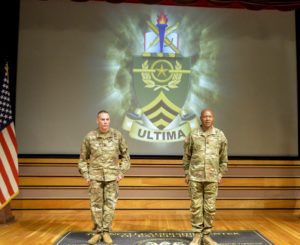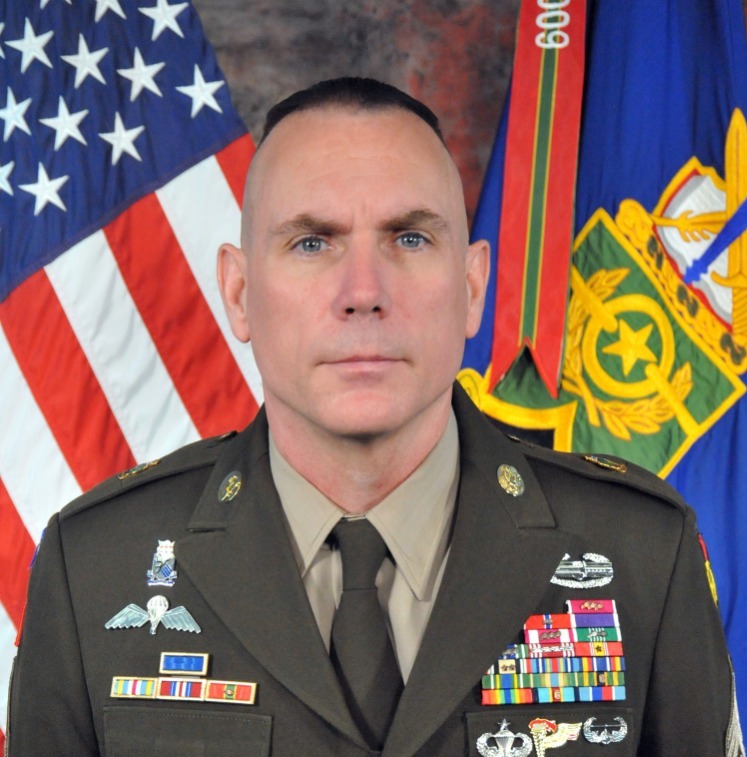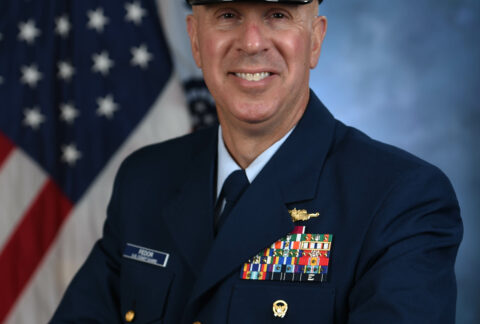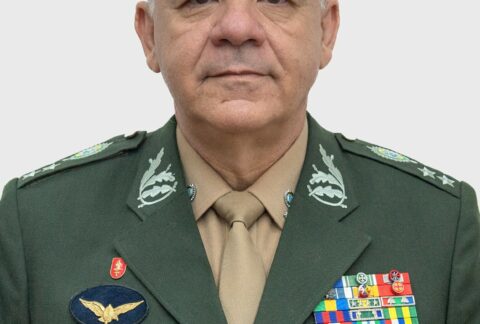The Noncommissioned Officer (NCO) Leadership Center of Excellence (NCOLCoE) is a premier institution driving innovative development for U.S. Army’s enlisted leaders (ELs). The center provides professional military education that fosters ELs to meet the challenges of today’s complex world.
Previously known as the Sergeants Major Academy, the NCOLCoE is a recognized international institution, which trains NCOs of all U.S. military forces and global partner nations.
The NCOLCoE is responsible for developing, maintaining, teaching, and distributing five levels of Enlisted Professional Military Education (PME) and numerous other programs, such as the Battle Staff NCO Course, Commandants Pre-Command Course, Spouse Leadership Development Course, SGM-A Fellowship program, Staff and Faculty Development, the Soldier’s Guide, and NCO Guide.
Diálogo visited the NCOLCoE in Fort Bliss, Texas, and spoke with its commandant, U.S. Army Command Sergeant Major Jason Schmidt about their mission and the importance of their global partnerships.
Diálogo: What is the mission of the NCO Leadership Center of Excellence?

U.S. Army Command Sergeant Major Jason Schmidt, commandant of the NCO Leadership Center of Excellence: Our mission is to deliver all levels of professional military education to NCOs to develop them to be holistically fit, disciplined, well trained, and able to meet the demands of large scale combat operations in a multi-domain environment.
The NCOLCoE touches about 390,000 to 400,000 students per year in our Army and our international outreach. Our staff faculty is a great teammate and we have very well-experienced former NCOs and retired sergeant majors, who come in all various forms and are really passionate about developing and delivering the right curriculum and helping folks to make traction in their different areas.
Diálogo: What is the NCOLCoE’s relevance for partner nations of the Western Hemisphere?
Command Sgt. Maj. Schmidt: There’s a lot of collaboration that goes on with different nations’ views on how to develop their NCOs. We help them by sharing ideas, themes, and concepts on how we educate our NCOs, understanding that what we do culturally for ours may not be a perfect fit for a different culture, but there may be some ideas that they can glean from and help advance some initiatives within their NCOs.
Diálogo: How has the NCOLCoE updated its curriculum to meet the current global security environment?
Command Sgt. Maj. Schmidt: Our curriculum is always fairly well updated. If there are doctrine changes or things that the Army wants to add in there, we can rapidly manipulate the curriculum, both for the live and digital processes.
Diálogo: How does the NCOLCoE promote gender integration?
Command Sgt. Maj. Schmidt: We have a great blending of diversity. Gender is part of our organization as there are opened competing positions based on talent. We have females in leadership positions across our organization, from students to fellow instructors and administrative positions. The Sergeants Major Academy’s deputy director and my executive officer are females. We have international female students from our partner nations, which also show their commitment to gender integration into their military institutions.
Diálogo: What are the benefits of having U.S. students interact with their partner nations’ counterparts?

Command Sgt. Maj. Schmidt: It’s part of what we call “the secret sauce.” It’s interesting to look at the diversity of students, for example, in our Sergeants Majors Academy with U.S. active duty, reserves, and instructors blending and interacting with partner nations’ students, showing that both will be able to interact in future endeavors across the globe. The importance of this diverse group of different types of students is that they also learn not only from the academic part but also from their own experience and culture.
Diálogo: What is the main lesson the NCOLCoE has learned in the past 50 years?
CSM Schmidt: The NCOLCoE is still fairly young when thinking through professional and education requirements for NCOs to be trained and certified in what they do. There have been a lot of great accomplishments in the past 50 years. For instance, the establishment of the Sergeants Major Academy in 1972 and then our PME with bachelor of arts and leadership and workforce development being transformed as degrees, making the institution as one of the branch campus of the U.S. Command and General Staff College. In our NCO’s 2020 strategy, we holistically rebuilt our PME to make our programs more sequential and progressive with courses like Battle Staff course and Spouse Leadership Development. I’m excited, hopeful, to see what the next 50 years have to offer because the NCOLCoE is packed full of talent and there’s always great new ideas and traction that we’re getting moving forward.
Diálogo: What would you like to say concerning NCO professionalization in Latin America and the Caribbean?
Command Sgt. Maj. Schmidt: They are looking at different ways to be able to professionalize their NCOs. Each country is different, and it depends on where they are in the process. I recommend building a strategy and making it sequential and progressive, to complement each other from the training base back out to gaining experience on the job; learn from your mistakes and know where you want to go.
Diálogo: Does the NCOLCoE offer any advice or follow-up program with the NCOs of global partner nations?
Command Sgt. Maj. Schmidt: We do a lot of international touch points as we do participate in some programs like the African Military Exchange program, the NATO’s Defense Education Enhancement Programme, and we have done some work with U.S. Southern Command ’s area of influence.









